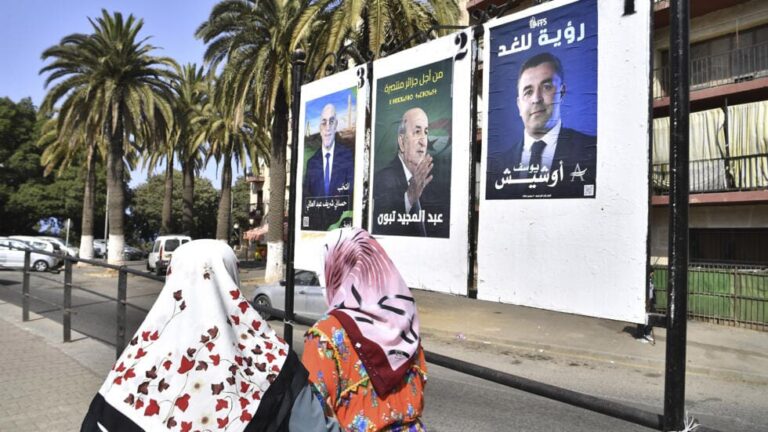The voting day began quietly, with only 4.56 percent of registered voters having participated by 10 AM, according to figures released by Mohamed Charfi, chairman of the Independent National Electoral Commission. This turnout is lower than that of the previous presidential election, which saw a participation rate of 7.92 percent by the same time.
With over 24 million eligible voters, Algeria’s electorate will select from three main candidates: incumbent President Tebboune, who is backed by prominent political parties such as the National Liberation Front (FLN) and the National Democratic Rally (RND); Hassani Chérif Abdelali, the leader of the Islamist MSP movement; and Youssef Aouchiche of the Front des Forces Socialistes (FFS), representing the democratic and progressive movement.
The polls will remain open until 7 PM, with the possibility of an extended voting period. Additionally, a significant portion of the diaspora, who began voting on September 2, is contributing to the electoral process. Mobile polling stations are also reaching underserved communities, especially in the southern provinces, with 116,064 voters accessible through 134 polling stations in 51 communes.
The stakes are particularly high for Tebboune, who is favored to win outright in the first round due to the support of the ruling coalition. Meanwhile, Aouchiche aims to make history as the representative of Algeria’s oldest opposition party, while Abdelali is navigating the complexities of fragmentation within Algerian political Islam.
MN/ac/sf/lb/abj/APA


